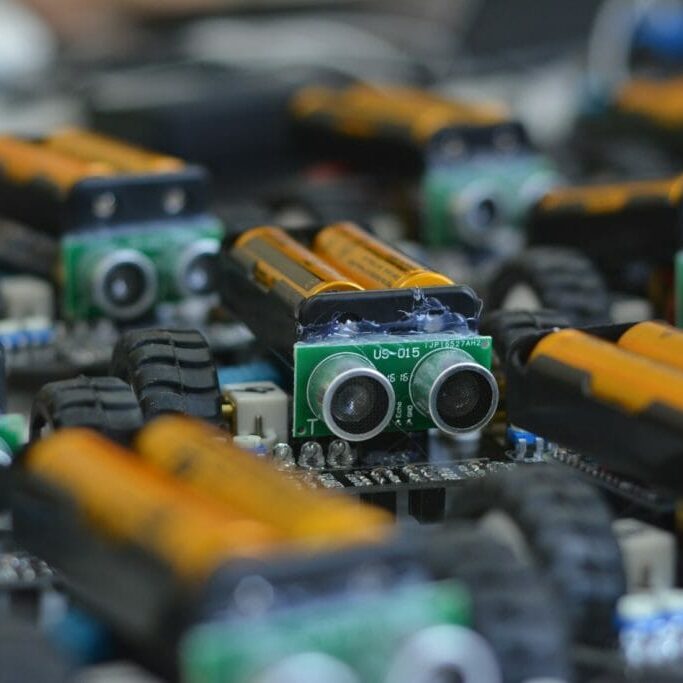
After spending tens (and in the case of international students, hundreds of thousands) of dollars along with a staggering 35 thousand hours of their life, students are awarded a nice little piece of paper with their program and — it has their name on it.
After the sacrifices and investments, students expect to be successfully venturing off into promising opportunities and careers. Some people are lucky and get the opportunities they hope for but this is not the case for everyone.
The advancement of Artificial Intelligence (AI) may significantly affect the value of your degree in coming years.
Two broad categories of degree programs are STEM and Arts. STEM stands for Science, Technology, Engineering and Math; in such programs, there’s usually a right or wrong with some emphasis on logic and process. At the end of it, most students tend to have very similar abilities. For example, Computer Science students will mostly have taken the same courses and so the coding skill level amongst most grads will be roughly the same.
As opposed to STEM programs, Arts programs include sociology, history, literature, performing arts and more; they tend to be more subjective. They encourage developing your own ideas from the material learned in class. Material is subject to interpretation, discussion and development. At the end of an Arts program, students have developed their unique ability to think, understand and reason.
The value of a degree considers the demands of the job market and growth prospects. There’s generally a high demand for STEM students and they tend to be higher paying jobs. The entry-level salary for graphic designers is about $27,000, whereas entry-level web developers can expect a salary of about $50,000. This difference is mostly driven by the high demands for students from STEM programs. STEM programs are in high demand because they are at the forefront of innovation, meaning they have a huge impact on the progress and technologies of the future.
Does this mean that STEM programs are more valuable than arts?
Not necessarily.
The development of AI will have a huge impact on many industries across the economy and while it will create many jobs, it’s expected to cut a significant number of jobs as well, possibly more jobs than it creates.
Self-driving cars can potentially affect 1.6 million jobs in the U.S, alone. AI can heavily affect jobs that have repetitive tasks or high consistency. AI can be made to write some code and it’s estimated that by 2040 human coders will be completely replaced by AI coders.
This is spectacularly bad news for people who are currently pursuing Computer Science degrees because in about 20 years, we can expect that the value of this degree would completely change.
On the other hand, programs that are more subjective in nature can’t be easily replaced. AI can only replace processes that are repetitive.
Although there may be some patterns and thinking processes, thinking is very subjective to one’s experience rather than a fixed methodology. This makes it hard for AI to replicate the creative or unique thinking process.
While Arts programs tend to have lower entry-level wages, veterans in the subject see a significant increase in salary over time and there is the obvious benefit of AI not being able to duplicate your thoughts — at least for now.
Whether you study Arts or STEM it’s clear that there are differences between how your program is viewed and valued in the world.
There are relatively short-term financial benefits to pursuing a STEM program, although the demand for such programs is likely to decrease with the advancement of AI. Arts students might see relative short-term financial disadvantages, but with hard-work, growth and time we can expect this to change and turn into more stability.






